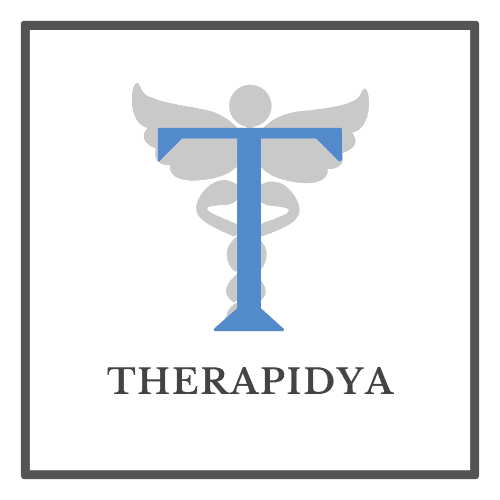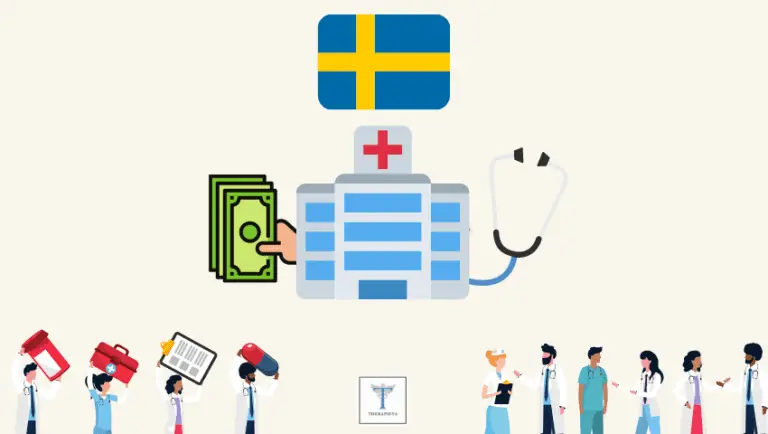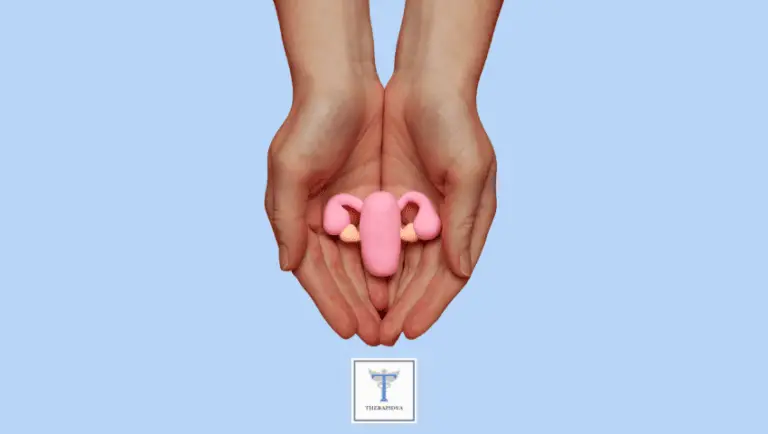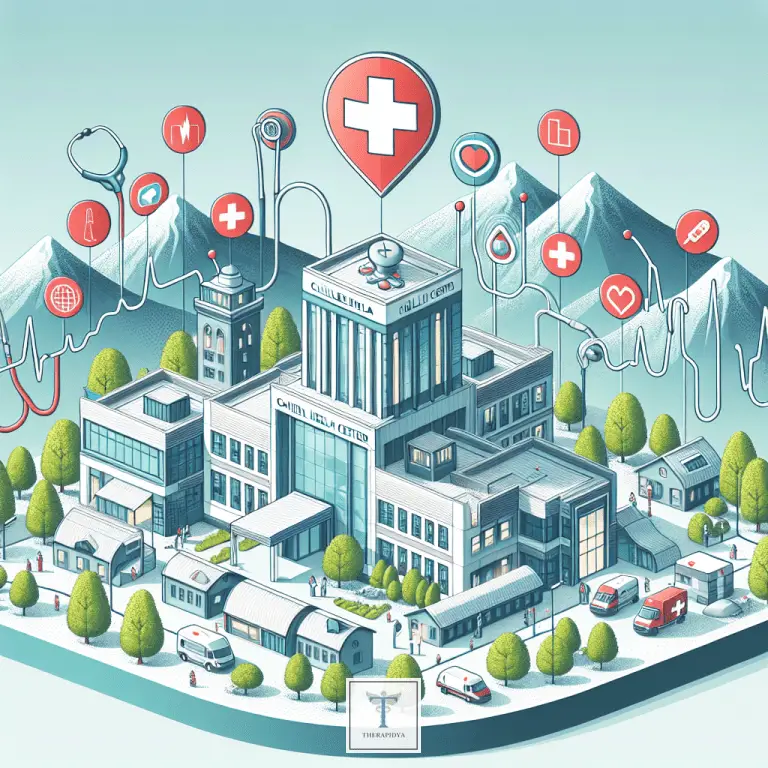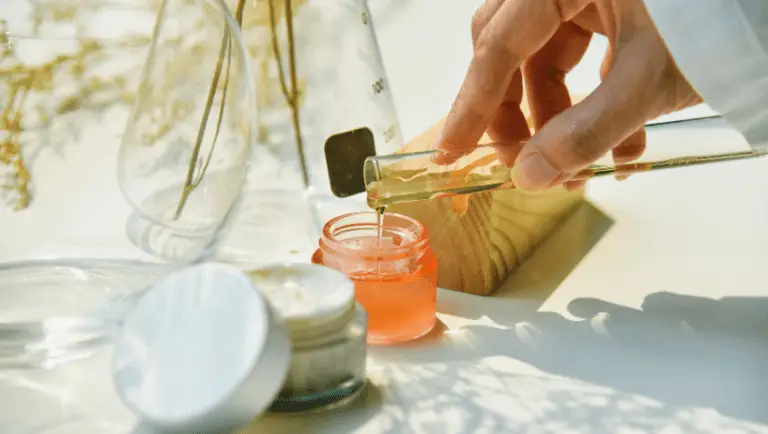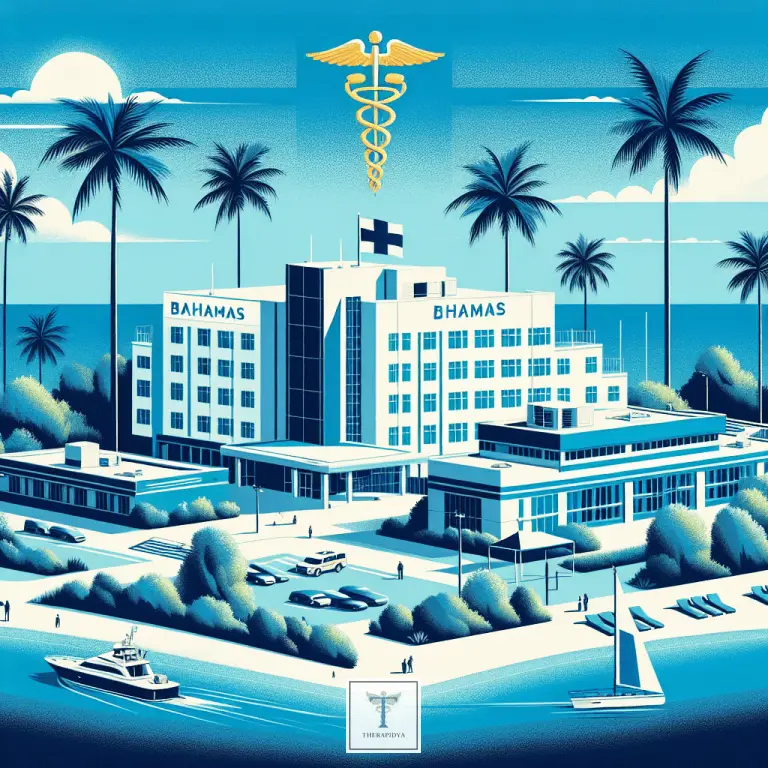Gallbladder Explosion: Comprehensive Guide 2023
Is gallbladder Explosion a significant medical condition? What are the symptoms that go along with it? And how is it addressed? The article may be found here.
This post will provide you with the most crucial facts regarding gallbladder rupture.
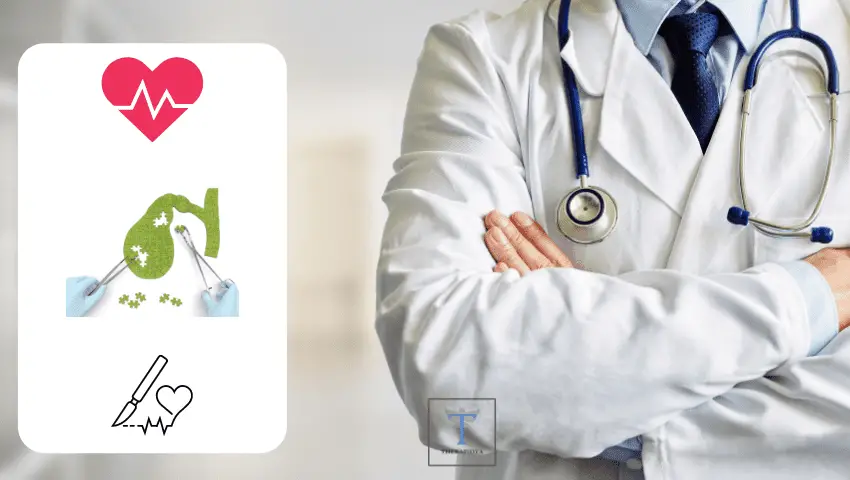
About Gallbladder Explosion
The gallbladder is a tiny organ near the liver that stores bile, a fluid generated by the liver that flows from the gallbladder into the small intestine to aid with fat digestion.
A gallbladder Explosion a dangerous but uncommon medical illness that occurs when the gallbladder wall ruptures or bursts, is one of many gallbladder issues that may develop.
Gallbladder rupture symptoms
If the gallbladder explodes, the patient may have a brief period of severe pain in the abdomen that commonly returns as the location of the rupture harboring the leaking bile swells, gets inflamed, or infected.
Ignoring the signs of a gallbladder rupture may result in Systemic Inflammatory Response Syndrome within the body, and if there is another infection accompanying the systemic inflammatory response syndrome, this disease is known as sepsis, and it can endanger the patient’s life.
As a result, you should pay special attention to the following signs of a burst gallbladder:
- Nausea and vomiting
- Pain in the upper right abdomen is excruciating.
- Jaundice is characterized by a yellowing of the skin and the whites of the eyes.
- Fever.
Gallbladder Explosion Causes
There are various factors that might cause a gallbladder rupture, including:
Cholecystitis
There are various reasons for cholecystitis that result in gallbladder eruption, including:
Gallstones are the most prevalent cause of cholecystitis and may get lodged within the gallbladder.
Ascaris This is a parasitic worm-caused illness that may create problems with the bile ducts.
Bacterial infection may be caused by E. coli, Klebsiella, or Streptococcus faecalis.
Bile sediment is a combination of bile and other chemicals that clogs and inflames the gallbladder.
Direct wounds
It takes the following forms:
Car mishaps.
Direct impact to the abdomen.
Direct impacts are common in several violent sports, such as football and wrestling.
Gallbladder rupture during cholecystectomy as a result of incorrect surgical forceps movement or thermal damage during electrocautery.
Causes that are less common
- Tumors that are cancerous, such as papillary carcinoma of the duodenum.
- Steroid usage on a regular basis.
- injury to blood vessels;
How to discover gallbladder explosion?
Methods for detecting a gallbladder explosion
Gallbladder rupture is diagnosed by performing the following procedures:
- Ultrasound of the abdomen.
- CT scan
- Biliary scintigraphy, which involves injecting a radioactive material into the body and then tracking it with a specialized camera.
Furthermore, the doctor may prescribe a battery of laboratory blood tests, including:
- Count of white blood cells
- C-reactive protein concentration.
- The rate of blood sedimentation.
Treatment for gallbladder rupture
In the event of gallbladder rupture, cholecystectomy is the best option, and there are two types:
Laparoscopic cholecystectomy: This is a minimally invasive surgery that involves making tiny incisions in the abdomen and removing the gallbladder using specialist equipment. It is a low-risk treatment in terms of complications, and it typically does not need a lengthy hospital stay.
Partial cholecystectomy: This is a possibility if the patient has significant generalized inflammation or extremely thin tissue, making removal of the whole gallbladder problematic.
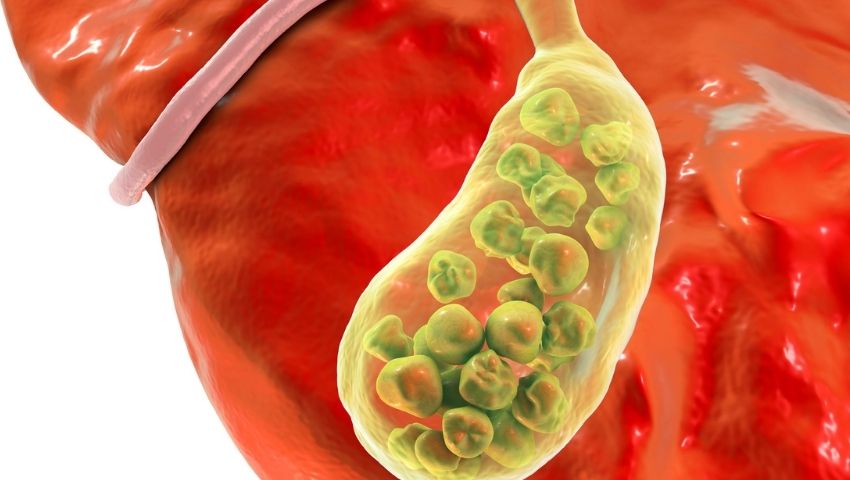
Following the surgery, the patient may be required to do various procedures, such as:
Taking antibiotics to combat bacterial infection is part of post-surgery drug therapy.
Stay at the hospital for a time to keep an eye on the patient’s overall health.
Follow a low-fat diet for a while since the patient’s digestive system has difficulty absorbing and digesting fats right after gallbladder removal.
After leaving the hospital, take care of the wound and avoid undertaking any heavy activity for a period of time.
IMPORTANT NOTICE: All the above information is provided in summary form and DOES NOT contain all possible information about this product. All the information in this summary does not guarantee that the product is safe, effective or suitable for you. All this information is never personal medical advice and does not replace the advice of a physician, pharmacist or any healthcare professional. On behalf of your health, we recommend that you consult your healthcare professional for accurate and complete information and prescription information about this product and your other health questions and problems.
This post is also available in: Dansk (Danish) Français (French) Română (Romanian)
